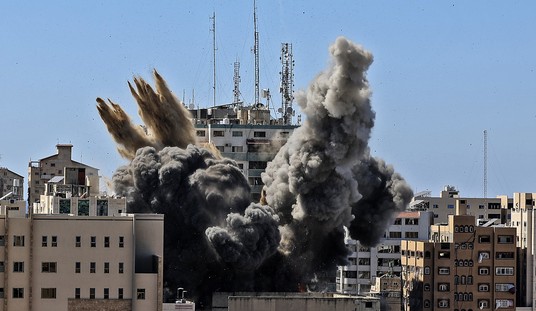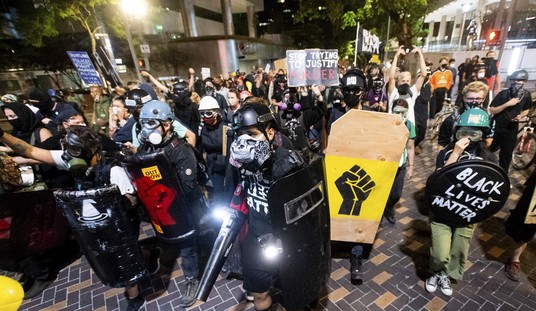All eyes are on Iran after the elimination of high-value terror target Qassem Soleimani, and not without reason. What they decide to do (or perhaps more importantly, not do) will no doubt have a major impact on how President Trump decides to move forward from here. The media has been highlighting the various responses of other world leaders, paying particular attention to those who are either condemning the strike or at least “urging restraint.” But largely lost in this ongoing conversation is the response – or at least until now, the lack of one – from North Korea.
The hermit regime has been mostly silent about the event, even on its own state-run news agency outlets. But now that seems to be changing. As the AP reports this morning, Kim Jong-un appears to be preparing to use Soleimani’s death as a card to play in his own negotiations with both the United States and Russia.
The U.S. strike that killed Iran’s top military commander may have had an indirect casualty: a diplomatic solution to denuclearizing North Korea.
Experts say the escalation of tensions between Washington and Tehran will diminish already fading hopes for such an outcome and inspire North Korea’s decision-makers to tighten their hold on the weapons they see, perhaps correctly, as their strongest guarantee of survival.
North Korea’s initial reaction to the killing of Gen. Qassem Soleimani has been cautious. The country’s state media was silent for several days before finally on Monday issuing a brief report on the attack that didn’t even mention Soleimani’s name.
It appears that Kim Jong-un was playing his cards close to the vest when the news of Soleimani’s removal first broke. As the AP report notes, the only mention of the event on the North’s media outlets didn’t even mention his name. But behind the scenes, Kim and his advisors were undoubtedly waiting to see how Russia and China would react before he wound up getting out over his skis.
His answer came quickly enough. On Friday, both Russia and China issued statements condemning the operation. China chose to go with a soft condemnation, calling for “restraint” on all sides, “particularly for the United States.” Russia went several steps further, describing the move as “an adventurist step” and praising Soleimani’s “devotion to Iran’s national interests.”
So what does this have to do with North Korea? As we previously discussed here, Kim Jong-un is obviously close to throwing in the towel on his negotiations with President Trump. All he’s interested in is sanctions relief, and Trump isn’t putting it on the table. But both Russia and China have gone to the UN calling for sanctions relief and are widely believed to already be sending aid to Kim in violation of existing sanctions.
So with a budding relationship with both Moscow and Beijing already developing and the apparent willingness of Russia and China to accept North Korea as a nuclear power (as long as they’re on the same team), Kim’s options have suddenly expanded. If he comes out and condemns the Soleimani operation, that places him squarely in the corner of Team Russia. And North Korea can then claim that the American “assassination” of a foreign “leader” is proof that he has to be able to hang on to his nukes to avoid a similar incident of “American imperialism” against him.
The international diplomacy picture is becoming increasingly complicated and not in a good way. Don’t be at all shocked if you see the ties between some of the more powerful and antagonistic countries in the world solidifying this month. And if Kim Jong-un announces that his talks with Trump are over and he’s resuming nuclear testing, you’ll know which direction the wind is blowing.








Join the conversation as a VIP Member